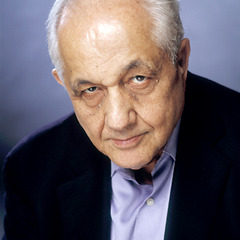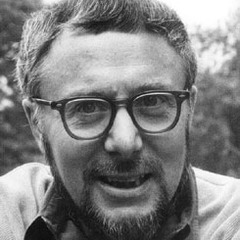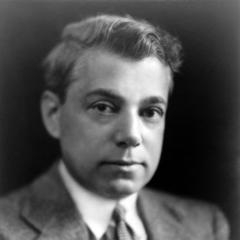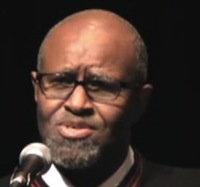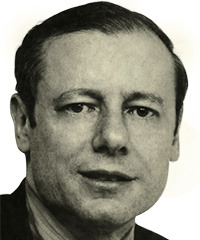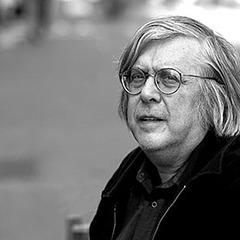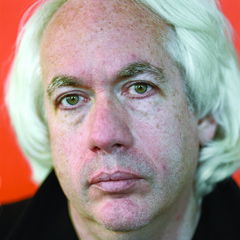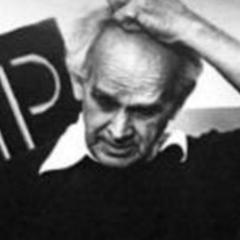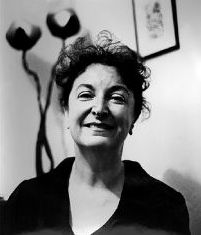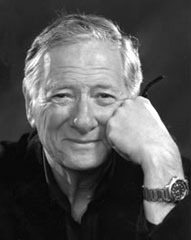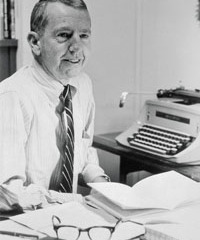Stanley Kauffmann quotes
-
“What is a memory? Not a storehouse, not a trunk in the attic, but an instrument that constantly refines the past into a narrative, accessible and acceptable to oneself.”
-- Stanley Kauffmann -
“The next great step of mankind is to step into the nature of his own mind.”
-- Stanley Kauffmann -
“Meanwhile, however, what’s most bothersome about Pulp Fiction is its success. This is not to be mean-spirited about Tarantino himself; may he harvest all the available millions. But the way that this picture has been so widely ravened up and drooled over verges on the disgusting. Pulp Fiction nourishes, abets, cultural slumming.”
-- Stanley Kauffmann -
“Meanwhile, however, what’s most bothersome about Pulp Fiction is its success. This is not to be mean-spirited about Tarantino himself; may he harvest all the available millions. But the way that this picture has been so widely ravened up and drooled over verges on the disgusting. Pulp Fiction nourishes, abets, cultural slumming.”
-- Stanley KauffmannSource : Stanley Kauffmann (2001). “Regarding Film: Criticism and Comment”, Performing Arts Journal Books
-
You may also like:
-
Andrew Sarris
Film critic -
David Denby
Journalist -
Eric Bentley
Critic -
George Jean Nathan
Critic -
J. Hoberman
Critic -
James Wolcott
Journalist -
John Simon
Author -
Jonathan Rosenbaum
Film critic -
Leon Wieseltier
Writer -
Manny Farber
Painter -
Pauline Kael
Film critic -
Robert Brustein
Theatrical producer -
Vincent Canby
Film critic
